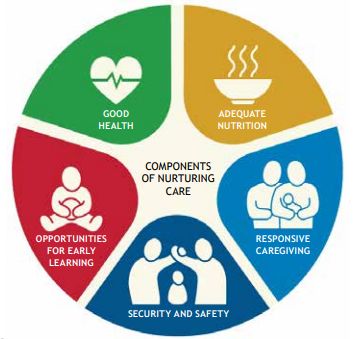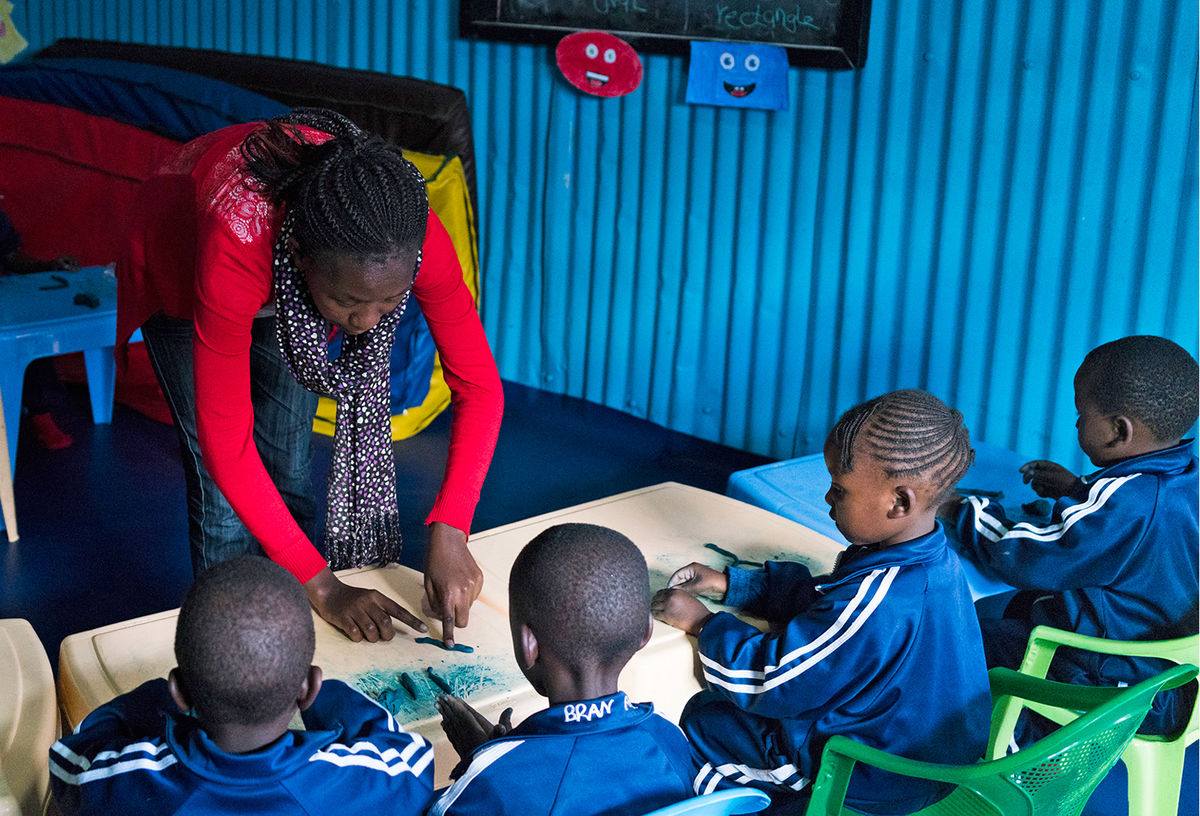Article by Sarah Brown, President of Theirworld
It is devastating that today there are still over 200 million children under the age of five in developing countries who are at risk of failing to reach their full potential. The first years of life are a critical time to create the conditions under which children can thrive.
Nurturing care — care that creates a stable environment that promotes health and optimal nutrition, protects children from threats and provides opportunities for early learning — is critical for brain development and sets children up for being better able to take advantage of later educational opportunities. Early learning has many essential elements during ages zero to five from language stimulation through talking and singing, all the way to pre-primary education.

Research shows that all aspects of early learning are critical for school readiness and better achievement in primary school. Yet, new research, published recently by global children’s charity Theirworld and supported by the Conrad N. Hilton Foundation, reveals that although donor aid funding to early childhood development (ECD) has seen some increase over the last several years – though not nearly to levels needed – funding for pre-primary education is not keeping pace with health and nutrition funding.
The research, written by Asma Zubairi and Professor Pauline Rose of the REAL Centre at the University of Cambridge, shows that just one percent of aid for ECD for under-fives goes to pre-primary, putting millions of children at a disadvantage before they even start primary school.
Governments around the world know that supporting early learning is a vital component of quality ECD and one of the most important investments they can make. World leaders sent a clear message on the priority of pre-primary education with Sustainable Development Goal 4.2 stating that, by 2030, “All girls and boys have access to quality early childhood development, care and pre-primary education so that they are ready for primary education.”

Yet worldwide, many children remain excluded from pre-primary education, despite evidence and awareness of the benefits to children, their communities and wider society. This is especially true for the most marginalized children, who are shown to benefit most from access to early learning, such as children with disabilities, children caught up in conflict and disasters and those impacted by HIV/AIDS.
Some studies show that children living with HIV in low and middle-income countries have significantly lower motor skills and mental development scores than their peers living without HIV. In these circumstances, early learning is vital to ensure these children receive equal opportunities to reach their full potential.
The new statistics reveal that all donors need to scale up investments to pre-primary education if they are to ensure that all children, regardless of their background, have access to opportunities for early learning and are able to thrive.
Theirworld
Theirworld is an innovative charity which helps children to fulfil their potential. Through research, pilot projects and campaigning, Theirworld is at the forefront of testing and shaping new ideas to help give children in the United Kingdom and around the world the best possible start in life.